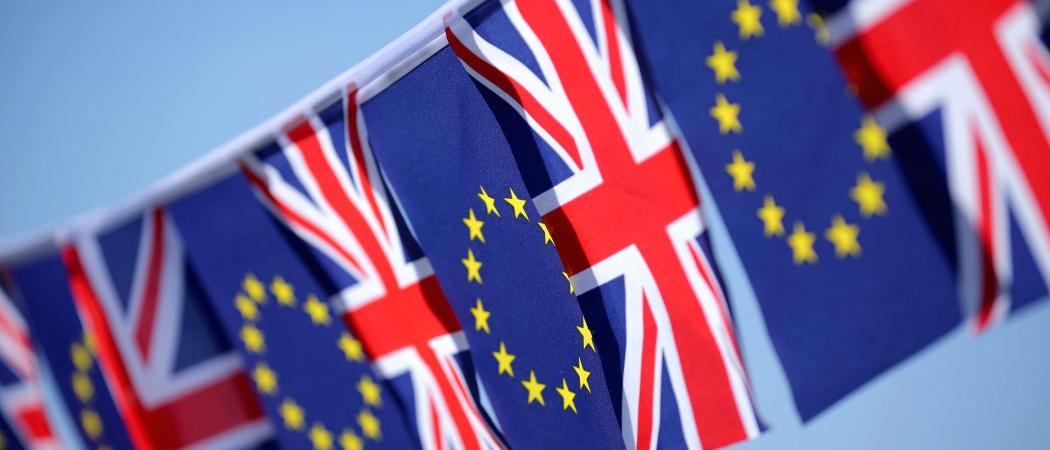European Commission gives itself plenty of room for manoeuvre on foreign access to research programme

The European Commission has introduced new conditions of entry to its research programme in a bid to broaden international access, and keep the door open to continued UK participation in EU-funded research projects.
The EU executive on Thursday offered new entry rules for wealthy non-EU “third countries” looking to participate in the €94.1 billion Horizon Europe, which will run between 2021 and 2027.
The conditions, which will need to be accepted by member states, open up the possibility for countries beyond Europe, and a group of geographically close countries the EU calls “the neighbourhood”, to gain associate membership to the programme, a status that allows countries to participate in EU research under the same conditions as member states.
EU Research Commissioner Carlos Moedas, presenting the budget proposal for Horizon Europe in Brussels, said the legal text supporting the programme “is done in a way so that we can include UK in the future as a third country. The doors are open for discussion. We didn’t want to be that specific.”
In theory, the rule change would also allow the Commission to limit UK access to parts of the programme and could also limit Swiss access too.
The text proposes to give the EU a right to exclude countries from specific parts of the programme if their involvement would risk undermining the core goal of “driving economic growth in the Union through innovation”.
Until now, associate status granted a country full access to the EU research framework by default. This will not change for countries in the European Economic Area – Iceland, Liechtenstein and Norway.
“But we need to consider if it makes sense for certain other countries to be involved in all parts of the programme,” a senior Commission official said. Early drafts of the programme said that third countries “may be associated to the global challenges pillar only, or to the global challenges and open science pillars” of Horizon Europe, but not the ‘open innovation’ pillar (this wording is absent from the final proposal).
With a long track record of science cooperation with the EU, and its location in the middle of Europe, Switzerland almost certainly has nothing to worry about. There’s a strong case for the country to retain full access to the programme, a Commission source said.
A whole host of complicating Brexit factors could make the UK’s path to full membership less straightforward. However, “Proximity matters in innovation,” a Commission official said. Reacting to the new rules, an UK government spokesperson said, “As the prime minister has made clear, we want the option to fully associate with EU research and innovation programmes, involving a suitable level of influence in line with an appropriate financial contribution. We will now carefully consider these draft regulations.”
The question of whether in the case of associate status for a country like Canada it makes sense to invest EU taxpayer money into scaling up a Canadian company via the new European Innovation Council, is left hanging.
However, that is academic for now. Canada, the only third country so far to show serious interest in gaining an associate status, could test out the new conditions by sending Brussels a formal application for membership. If this happened, negotiators for both sides would then sit down to weigh the balance of benefit and cost of full access.
The new conditions are also designed to prevent third countries making financial gains from Horizon Europe, or putting in more money than they take out.
Swiss officials learned last week how they would be affected by the wording of the legal text, but await clarity on how the future membership fee will be calculated. The text suggests applying “a correction” if there is a “significant imbalance” between the grants a country wins and the entry fee a government pays.
The European University Association’s senior policy coordinator, Thomas Jørgensen, said the text formulation offers an “elegant solution that both opens up for negotiation with the UK and at the same time gives a flexible framework for opening the programme to the world, which has been an explicit wish since before Brexit. In that flexibility, there is of course also the possibility to be restrictive, but that is the nature of things.”
One UK government official posted in Brussels welcomed the broadly defined terms in the final proposal. “Vague is good,” he said.





 A unique international forum for public research organisations and companies to connect their external engagement with strategic interests around their R&D system.
A unique international forum for public research organisations and companies to connect their external engagement with strategic interests around their R&D system.